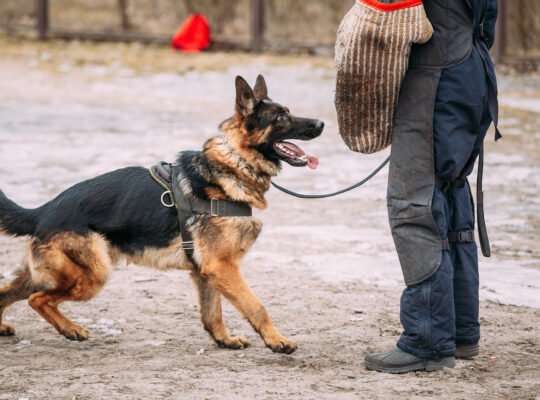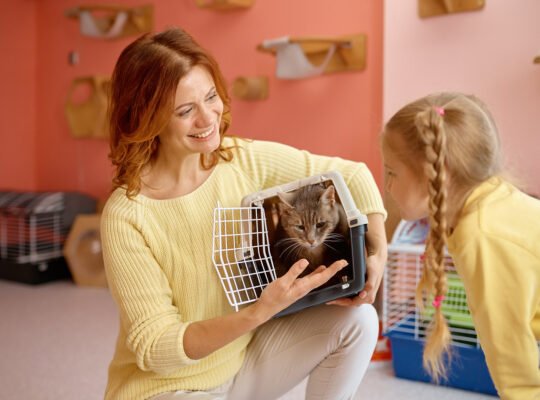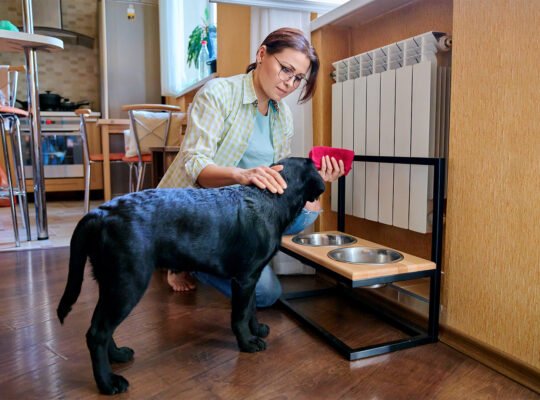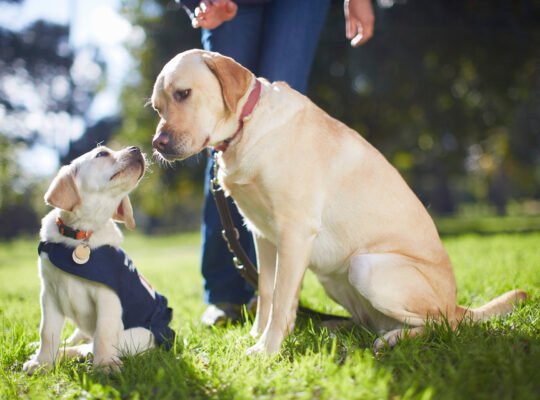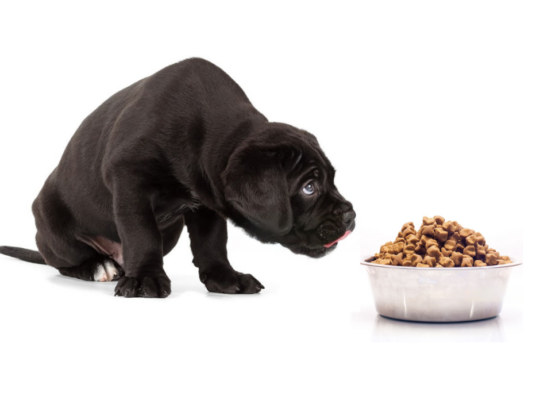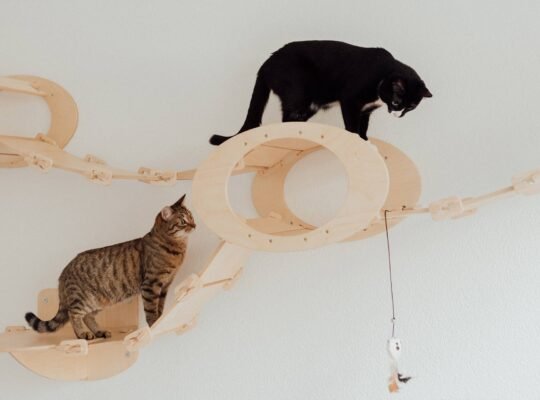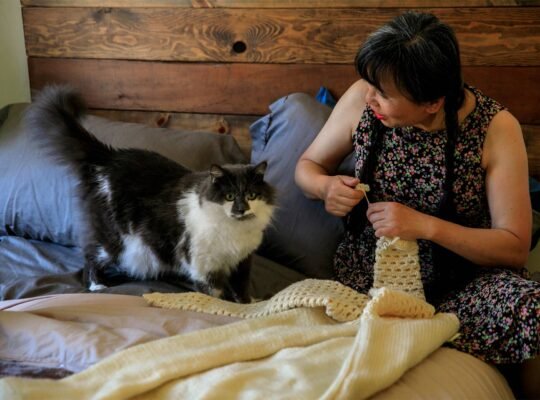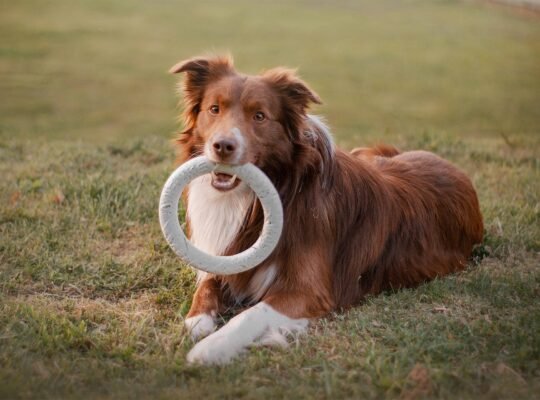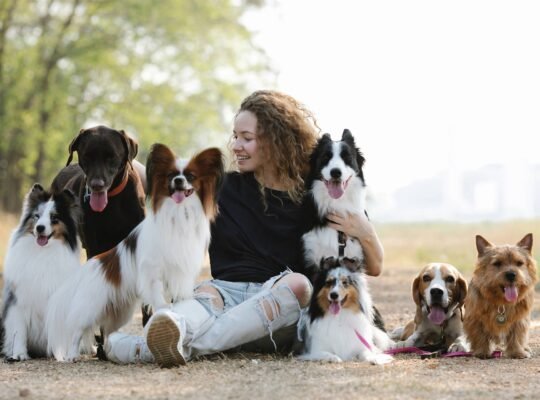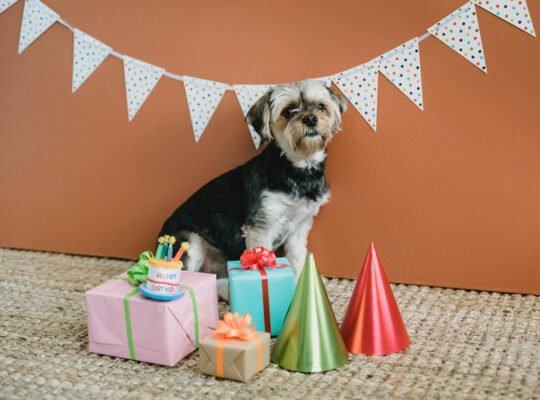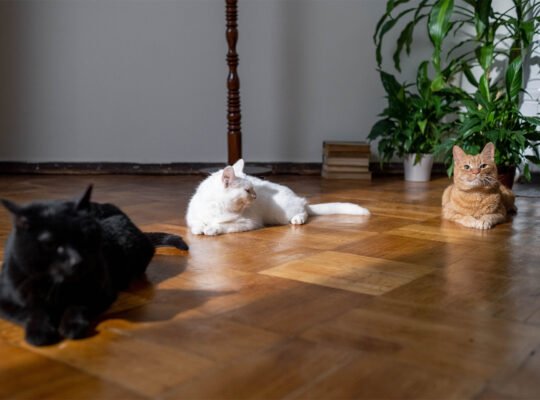Puppy Socialization: Building a Strong Foundation for a Well-Behaved Dog
Excerpt: Unleash the potential of your furry friend through effective puppy socialization. This article emphasizes the significance of early socialization in shaping your dog’s behavior and temperament. Gain valuable knowledge about essential socialization techniques and create a solid foundation for a well-behaved and socially confident canine companion.
Introduction
Bringing home a new puppy is an exciting and joyous experience. As a responsible dog owner, it’s essential to lay the groundwork for your puppy’s future behavior and well-being. Puppy socialization plays a vital role in shaping your dog’s personality, confidence, and ability to interact positively with the world around them. By exposing your puppy to various environments, people, animals, and experiences during their critical developmental period, you can help them become a well-rounded and well-behaved adult dog. In this article, we’ll explore the importance of puppy socialization, essential socialization techniques, and how to build a strong foundation for your puppy’s future success.
The Power of Puppy Socialization
Early socialization is a crucial aspect of your puppy’s development. The socialization period typically occurs between 3 and 14 weeks of age and is a time when puppies are most receptive to new experiences. Here are some key reasons why puppy socialization is so important:
1. Positive Exposure to the World
Socializing your puppy helps them become familiar and comfortable with various environments, sounds, smells, and sights. It exposes them to everyday situations, such as meeting new people, encountering different animals, and experiencing different types of surfaces. This exposure allows your puppy to develop confidence and adaptability, reducing the likelihood of fear or aggression as they grow older.
2. Building Trust and Confidence
Proper socialization helps your puppy build positive associations with people, animals, and new experiences. By gradually exposing them to different stimuli in a controlled and positive manner, you can instill a sense of trust and confidence in your puppy. This foundation of trust is essential for their emotional well-being and their ability to handle new situations throughout their lives.
3. Prevention of Behavior Problems
Puppy socialization significantly reduces the risk of behavior problems, such as fearfulness, aggression, and anxiety. Dogs that are well-socialized during their early developmental period are more likely to grow up to be friendly, relaxed, and adaptable. They are better equipped to handle new situations, meet new people and animals, and navigate the world with confidence.
4. Improved Human-Animal Bond
A well-socialized puppy develops a strong bond with their human family. By providing positive socialization experiences, you build a foundation of trust and mutual understanding. This bond strengthens the relationship between you and your puppy, creating a lifelong partnership based on love, respect, and effective communication.
Essential Puppy Socialization Techniques
Now that you understand the importance of puppy socialization, let’s explore some essential techniques to ensure your puppy has positive socialization experiences:
1. Early Introductions
Introduce your puppy to a wide range of people, including adults, children, and individuals of different ages, genders, and appearances. Encourage gentle interactions and provide positive reinforcement when your puppy displays calm and friendly behavior. Gradually expose your puppy to new environments, such as parks, streets, and other social settings, while monitoring their comfort level.
2. Puppy Playdates
Arrange playdates with well-vaccinated and friendly puppies or adult dogs in a controlled and supervised environment. These interactions allow your puppy to learn appropriate social skills, practice canine communication, and engage in play. Observe their behavior and intervene if play becomes too rough or if any signs of fear or aggression arise.
3. Exposure to Various Stimuli
Expose your puppy to different sounds, surfaces, textures, and objects in a positive and controlled manner. This includes household appliances, loud noises, grooming tools, different types of flooring, stairs, and various toys. Gradually increase the level of difficulty as your puppy becomes more comfortable and confident.
4. Gentle Handling and Body Sensitivity
Get your puppy accustomed to gentle handling and touch from an early age. Touch their paws, ears, mouth, and tail to promote acceptance of grooming procedures, veterinary examinations, and basic care. Pair these experiences with rewards, praise, and treats to create positive associations.
5. Ongoing Socialization
Socialization should be an ongoing process throughout your dog’s life. Continue to expose your dog to new experiences, people, animals, and environments even after the critical socialization period. This helps them maintain their social skills, adaptability, and confidence.
FAQs (Frequently Asked Questions)
Q: What if my puppy is afraid or anxious during socialization?
A: If your puppy shows signs of fear or anxiety during socialization, take things slow and adjust the intensity of the exposure. Create a positive and relaxed environment, use treats and praise to reward brave behavior, and seek the guidance of a professional dog trainer or behaviorist if needed.
Q: Can I socialize my puppy before they are fully vaccinated?
A: It’s important to balance socialization with your puppy’s vaccination needs. Consult your veterinarian to determine a safe and appropriate socialization plan based on your puppy’s vaccination schedule and the risk of infectious diseases in your area. Many controlled and supervised socialization experiences can be done before full vaccination.
Q: What if my puppy has a negative experience during socialization?
A: If your puppy has a negative experience, do not force them to continue or try to correct their fear or anxiety in that moment. Instead, remove them from the situation and create positive associations with similar experiences in the future. Seek professional guidance if the negative reaction persists or worsens.
Conclusion: Setting Your Puppy Up for Success
Puppy socialization is a powerful tool in shaping your dog’s behavior, temperament, and overall well-being. By providing positive and diverse socialization experiences during their critical developmental period, you lay the foundation for a well-rounded and well-behaved adult dog. Remember to approach socialization with patience, consistency, and positivity, allowing your puppy to explore the world at their own pace.
Invest time and effort into socializing your puppy, and you will reap the rewards of a confident, adaptable, and socially skilled canine companion. Enjoy the journey of watching your puppy grow into a well-behaved and happy adult dog, enriched by the experiences and social connections they have formed.
External Links:
- American Veterinary Society of Animal Behavior: Puppy Socialization Position Statement
- Association of Professional Dog Trainers: Socialization for Dogs
Note: The above external links are provided for informational purposes only and do not constitute endorsement or affiliation.


